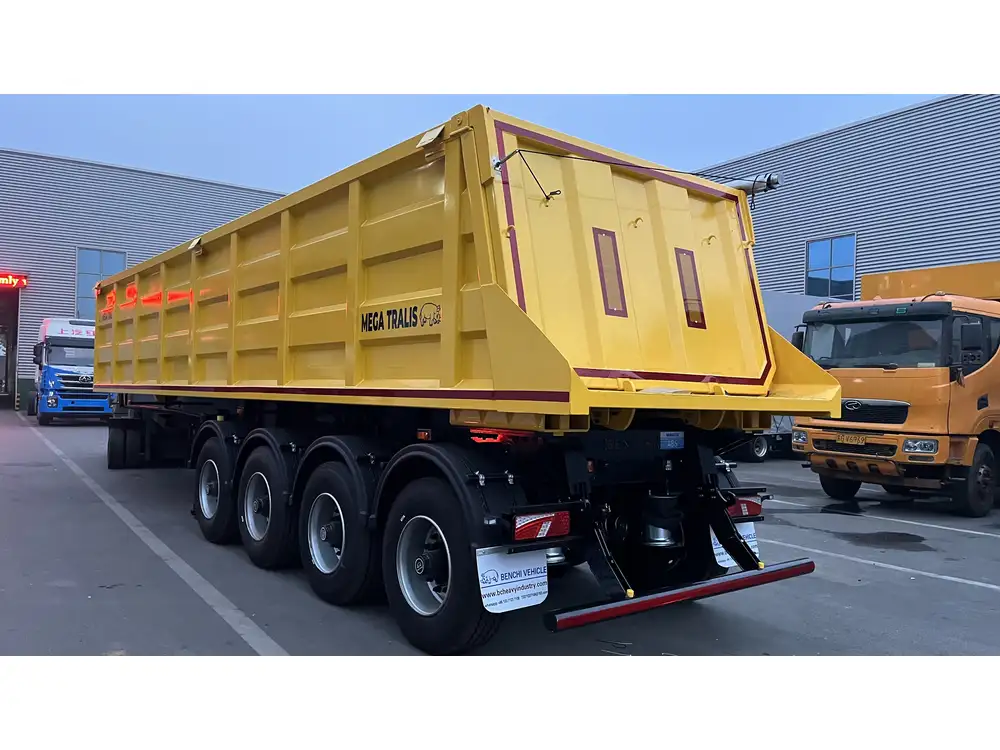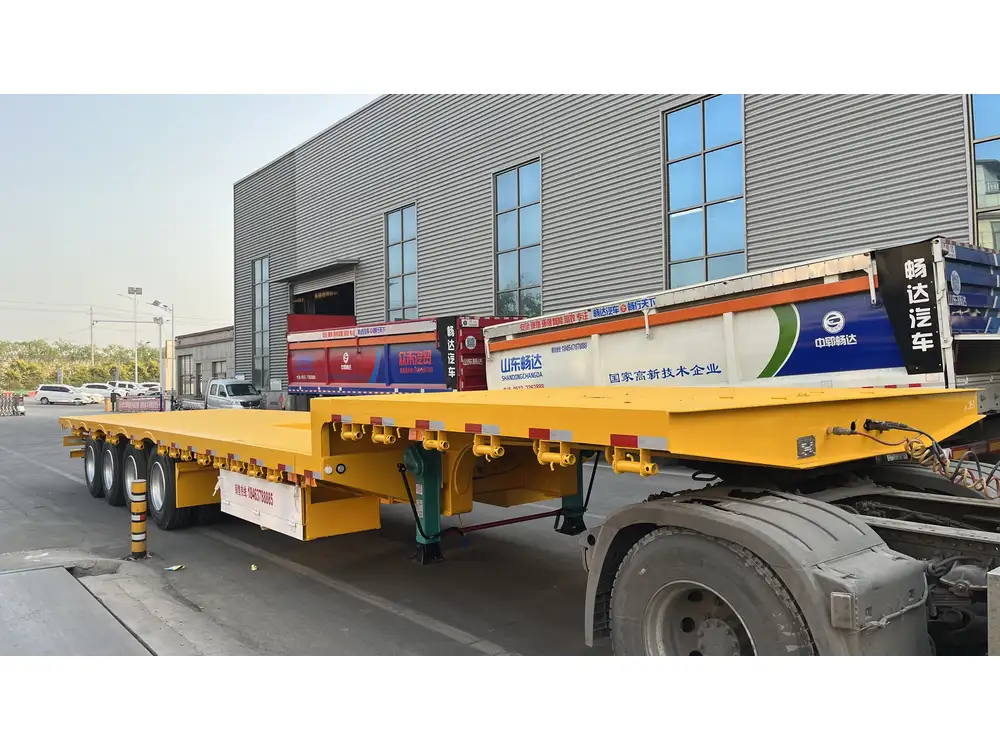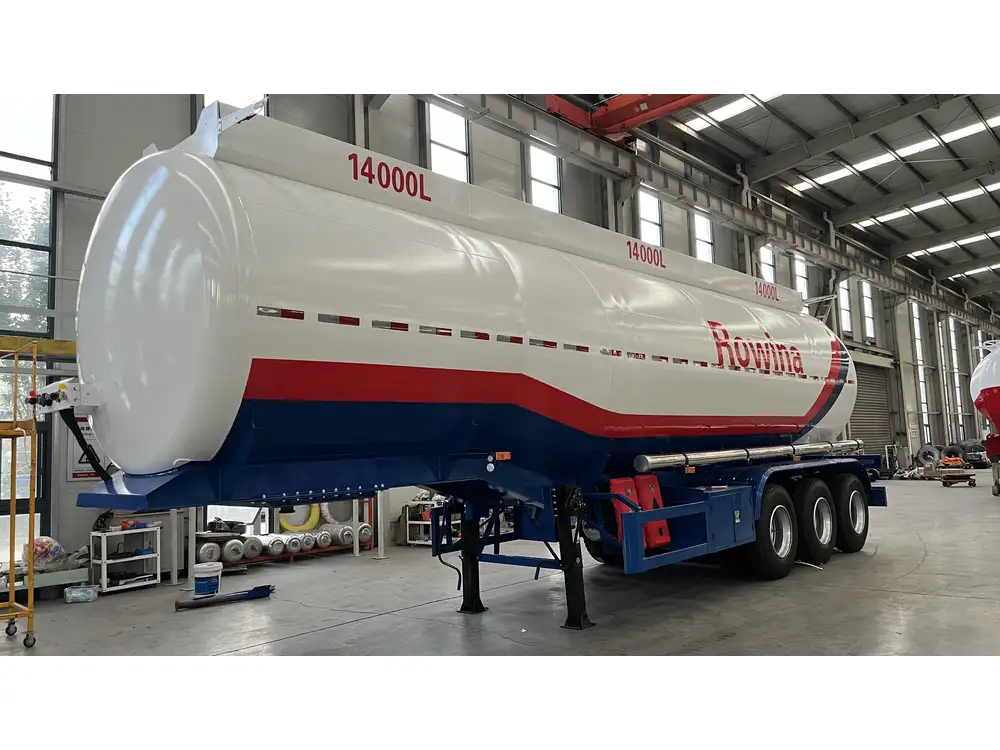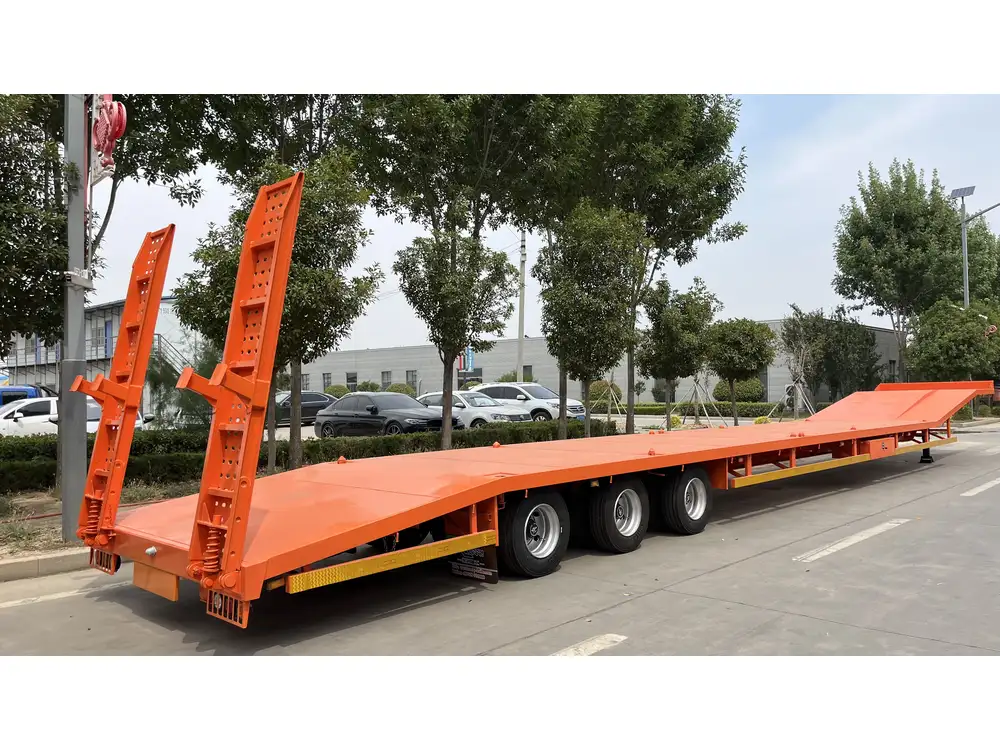Managing trailer waste requires careful planning, especially for manufacturers, drivers, and truck owners who regularly transport goods across the country. Whether you’re dealing with debris from a recent haul, old equipment, or everyday waste, it’s crucial to know where to dispose of it responsibly. In this detailed guide, we will explore various methods, locations, regulations, and tips to find the best solutions for dumping your trailer waste.
Understanding Trailer Waste Types
Common Types of Trailer Waste
- Construction Debris: Materials like asphalt, bricks, metals, and other construction remnants.
- Vegetative Waste: Organic waste such as tree branches, leaves, and grass clippings.
- Hazardous Materials: Chemicals, oils, and other toxic substances requiring special handling.
- General Trash: Everyday refuse including boxes, plastics, and food waste.
- Non-functional Equipment: Old tires, broken appliances, and machinery parts.

Why Proper Disposal Matters
Improper waste disposal can lead to legal ramifications, environmental hazards, and fines. Understanding the waste type helps determine the best disposal methods and locations, ensuring compliance with local regulations.
Finding Dumping Facilities Near You
Local Landfills and Transfer Stations
One of the most straightforward options for disposing of trailer waste is utilizing local landfills and transfer stations. Here are the steps to find such facilities near you:
- Research Online: Use search engines with keywords like “local landfill,” “transfer station near me,” or “trailer waste disposal in [Your City].”
- Contact Local Municipalities: Reach out to local waste management departments for information on designated dumping sites.
| Facility Type | Advantages | Disadvantages |
|---|---|---|
| Landfills | Comprehensive waste management | Potentially higher fees |
| Transfer Stations | Easy accessibility | May not accept all waste types |
| Waste Recycling Centers | Eco-friendly disposal options | Limited hours of operation |

Specialized Waste Disposal Companies
For more extensive or specialized disposal needs, consider hiring a waste disposal company. Many companies can accommodate bulk load removals and offer tailored services depending on the waste type.
Pros and Cons of Using Waste Disposal Companies
| Pros | Cons |
|---|---|
| Expertise in hazardous waste handling | May incur additional costs |
| Scheduled pickups available | Less control over waste management |
| Compliance with local regulations | Possible hidden fees |
Understanding Local Regulations and Permits

Importance of Following Local Laws
Each municipality has its regulations regarding waste disposal, particularly for trailer waste. Here are some key points to consider:
- Permits: Certain locations may require permits for dumping, particularly for significant volume.
- Waste Category Regulations: Local laws vary on what types of waste are accepted at different facilities.
Researching Your Local Regulations
- Visit Government Websites: Local municipal websites often list waste disposal guidelines and locations.
- Consult Local Waste Authorities: They can provide crucial information regarding necessary permits and regulations.
The Process of Dumping Trailer Waste

Step-by-Step Guide
- Identify Waste Type: Assess what kind of waste you’ll be dumping.
- Choose Disposal Method: Decide between landfill, transfer station, or waste disposal service.
- Prepare Waste for Transport: Ensure waste is secure and organized for transportation.
- Review Regulations: Confirm that you have any necessary permits and understand dumping fees.
- Transport to Facility: Drive safely to the chosen disposal site.
- Dispose Appropriately: Follow the facility’s guidelines during disposal.
Tips for Efficient Waste Management
- Plan Ahead: Organize your disposal days to align with your schedule and the facilities’ hours.
- Keep Records: Maintain receipts and documents related to waste disposal for future reference and compliance.
- Educate Yourself on Recycling Options: Many recyclable materials can be sorted and disposed of at specific centers, reducing landfill use.
Eco-Friendly Trailer Waste Disposal Alternatives

Recycling Programs
Participating in recycling programs can significantly reduce your trailer waste footprint. Investigate local recycling centers that handle materials such as metals, plastics, and construction debris.
Donation and Reuse
If you possess usable items, consider donating them rather than discarding them. Local charities or community groups often accept contributions of furniture, appliances, and even vehicles.
Composting Organic Waste
For vegetative waste, explore composting options. Composting not just reduces landfill waste but also enriches soil, promoting sustainability.

Common Myths About Waste Disposal
Myth 1: All Waste Can Go to the Same Facility
Reality: Different facilities handle specific types of waste. It’s crucial to know the distinctions to avoid penalties.
Myth 2: It’s Cheaper to Dump Waste Illegally
Reality: Illegal dumping can result in fines surpassing the cost of proper disposal and could lead to significant legal trouble.

Frequently Asked Questions
How Much Does It Cost to Dump Trailer Waste?
Costs vary depending on the waste type and the facility, typically ranging from $10 to $100 per ton.
Can Hazardous Materials Be Disposed of at Regular Landfills?
No, hazardous materials require special facilities designed to handle them. Always check in advance for appropriate disposal options.

How Can I Reduce Trailer Waste in the First Place?
Adopting a more sustainable approach by planning trips more effectively, utilizing recyclable materials, and implementing better inventory management can reduce waste generation.
Conclusion
Determining “where can I dump my trailer waste near me” goes beyond mere disposal; it encompasses a holistic approach to waste management. Utilizing landfills, transfer stations, specialized waste companies, and eco-friendly methods not only adheres to regulations but promotes responsible stewardship of our environment. By following the guidelines and insights presented in this comprehensive guide, we hope to empower you on your journey to effective waste disposal while fostering an environment that values sustainability and compliance.
Now that you’re equipped with knowledge on proper waste disposal methods, you can ensure that your trailer waste management aligns with local regulations and contributes to a sustainable future. Choose wisely, plan ahead, and stay informed about your options to make the best choices for your needs.



